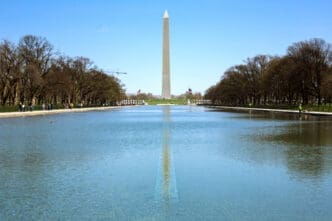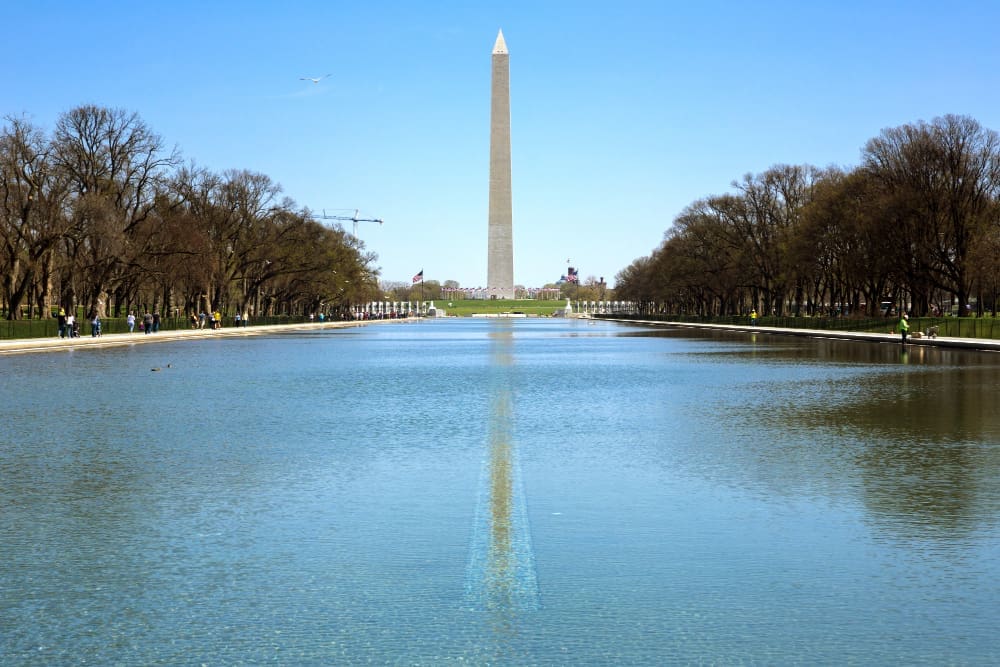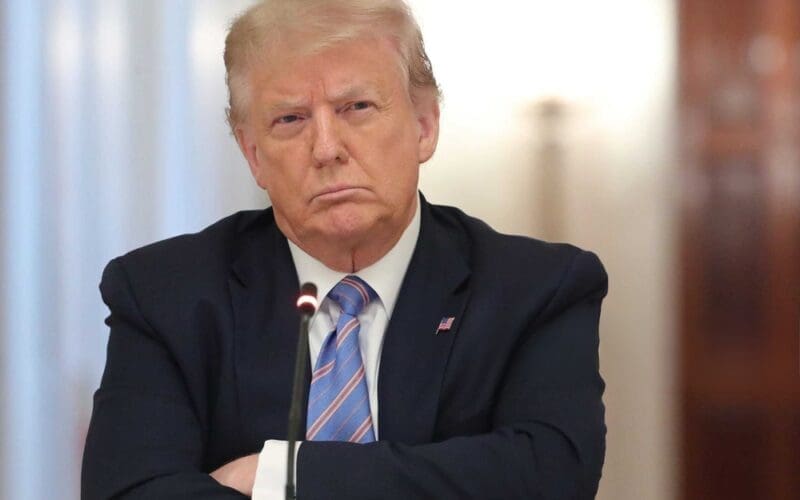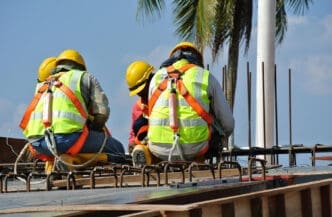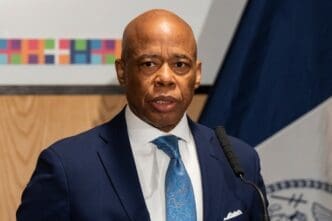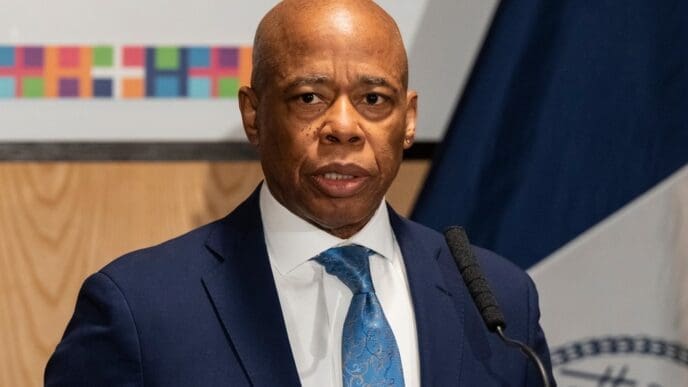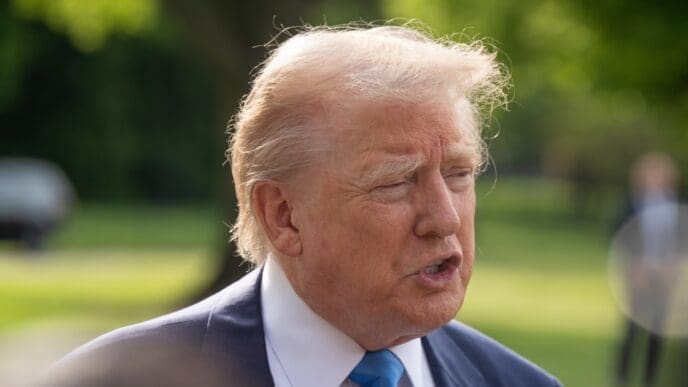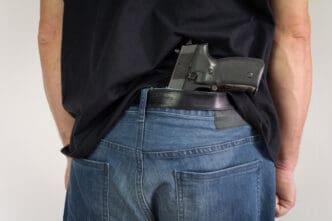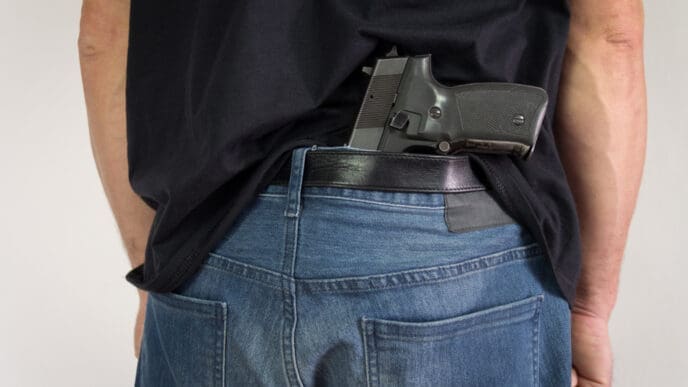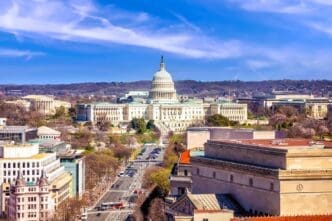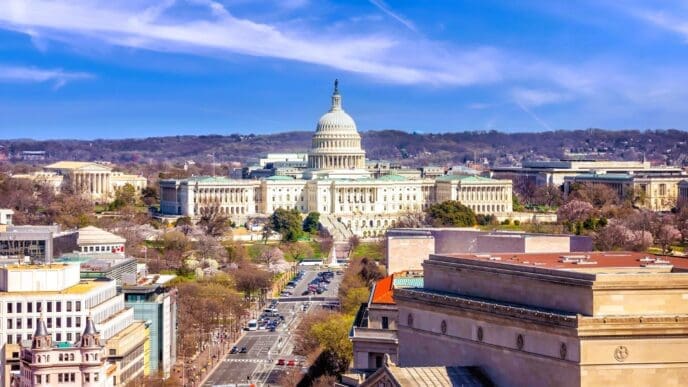Executive Summary
- West Virginia National Guard troops are being deployed to Washington, D.C., at the request of the Trump administration, intensifying President Trump’s efforts to assert federal control over law enforcement.
- The deployment involves 300-400 federally funded and potentially armed National Guard personnel, alongside over 700 federal law enforcement officers, aimed at protecting federal assets, deterring crime, and enhancing city safety.
- D.C. officials have criticized these federal actions as an “authoritarian push” and a breach of democratic norms, following previous legal challenges against the Trump administration’s attempts to take control of the city’s police department.
The Story So Far
- President Trump previously declared a crime emergency in Washington, D.C., and has been attempting to take federal control of the city’s police department.
- Washington, D.C., officials previously sued the Trump administration to block a federal takeover of its police department, indicating ongoing legal and jurisdictional disputes.
- Federal law enforcement personnel have already been supporting efforts and patrolling the city, with the National Guard deployment marking an escalation of these actions.
Why This Matters
- The deployment of West Virginia National Guard troops signals a significant escalation in President Trump’s efforts to assert federal control over law enforcement in Washington, D.C., intensifying existing tensions and legal disputes with local officials over jurisdiction.
- This action further challenges the autonomy of Washington, D.C.’s local government, as federal personnel increase their presence and involvement in city management, including law enforcement and social issues like homelessness.
Who Thinks What?
- The Trump administration and West Virginia Governor Patrick Morrisey view the deployment of the National Guard as a necessary measure to enhance safety and aesthetics in Washington, D.C., protect federal assets, and deter crime, as part of an ongoing federal initiative.
- D.C. local officials, including Councilmember Robert White and Mayor Muriel Bowser, along with protesters, characterize the federal deployment and broader actions as a breach of democratic norms and an “authoritarian push,” leading to criticism and legal challenges.
West Virginia National Guard troops are being deployed to Washington, D.C., at the request of the Trump administration, marking an escalation in President Trump’s efforts to assert federal control over law enforcement in the nation’s capital. West Virginia Governor Patrick Morrisey confirmed the deployment of 300-400 skilled personnel, which will be federally funded, with the state’s National Guard providing essential equipment and training.
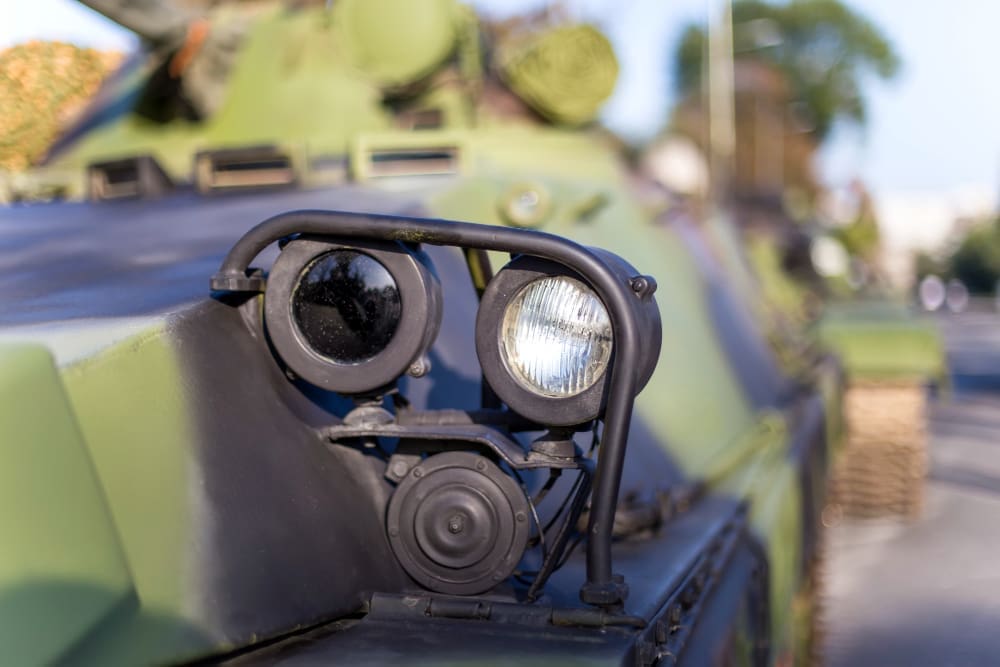
Deployment Details and Federal Support
The National Guard’s role in Washington, D.C., includes protecting federal assets, creating a secure environment for law enforcement officials, and maintaining a visible presence to deter crime. Although they are not authorized to make arrests, the deployed troops may now be armed. A White House official stated that the deployment is part of President Trump’s ongoing initiative to enhance safety and aesthetics in the city.
Beyond the National Guard, more than 700 federal law enforcement personnel from various agencies are supporting these efforts, with their numbers anticipated to grow. The White House also reported the removal of 25 homeless encampments, with officials indicating that individuals would be directed to shelters or jails.
D.C. Officials’ Reactions and Legal Challenges
The deployment and broader federal actions have drawn criticism from local D.C. officials. DC Councilmember Robert White characterized the move as a breach of democratic norms, and protesters have reportedly confronted National Guard members. This deployment follows President Trump’s declaration of a crime emergency in the city and his efforts to take federal control of the D.C. police department.
Washington, D.C., previously sued the Trump administration to block such a takeover. Following a federal court hearing, control of the city’s police department was returned to its chief. While federal agents have been patrolling the city and making arrests, DC Mayor Muriel Bowser expressed a desire for the federal surge to be beneficial to the city, but also described President Trump’s actions as an “authoritarian push.”
Facts Behind the D.C. Power Play
While the political and legal storm around the deployment continues to rage, a closer look at the key facts and figures reveals the layers of this unprecedented federal action. The move, rooted in a unique presidential authority and a controversial interpretation of crime data, has set the stage for a profound legal and constitutional debate. Here is a breakdown of the facts behind the D.C. power play:
- 800 National Guard Troops Deployed: President Trump ordered the deployment of approximately 800 D.C. National Guard members to address what he called “out-of-control” crime.
- Federal Takeover of D.C. Police: He invoked Section 740 of the D.C. Home Rule Act to place the Metropolitan Police Department (MPD) under federal command.
- 30-Day Emergency Authority: The Home Rule Act allows a president to assume control of the police force for up to 30 days without congressional approval.
- 1973 D.C. Home Rule Act: The legal basis for D.C.’s self-governance is the 1973 Home Rule Act, which serves as the foundation for the President’s actions.
- Unique Presidential Command: Unlike state governors, the U.S. President has direct command authority over the District of Columbia National Guard.
- Contradictory Crime Statistics: The deployment was justified by claims of rising crime, but official data from the MPD indicates violent crime is at a 30-year low.
- 500 Additional Federal Agents: Prior to the National Guard deployment, the administration had already surged 500 federal agents into D.C. from various agencies.
- Legal Precedent and Challenges: The move is unprecedented and has sparked a legal debate, referencing laws like the Insurrection Act and the Posse Comitatus Act.
- Triggering Incident: The President’s action intensified after an assault and attempted carjacking of a former government employee in D.C. on August 3rd.
- Parallel Legal Battle in California: The action is occurring alongside a lawsuit by California against the President over a previous deployment of the National Guard to Los Angeles.
The deployment of the West Virginia National Guard signifies a further intensification of the Trump administration’s efforts to exert federal authority over law enforcement in Washington, D.C. This move continues to fuel tensions and legal disputes between the federal government and local D.C. officials regarding control and jurisdiction within the capital.

